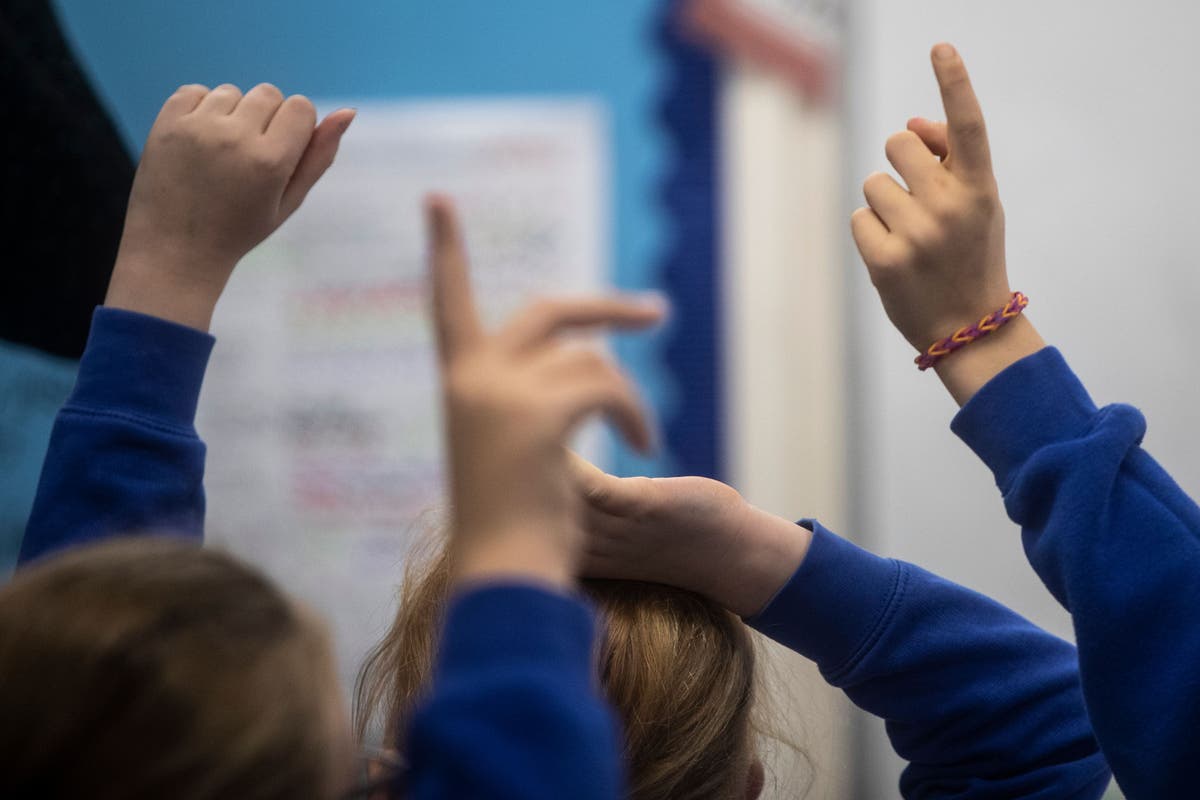Disadvantaged primary school pupils remain months behind their peers in reading and mathematics skills after Covid-19, a report suggests.
The attainment gap between Year 3 and 4 pupils eligible for free school meals and their peers is wider than before the pandemic, according to the National Foundation for Educational Research (NFER) study.
But the research suggests that the learning gap suffered by young pupils as a result of the Covid-19 pandemic is starting to narrow.
The NFER study found that the difference between reading and maths scores of Year 3 and 4 pupils in the spring term of 2023 compared to those before Covid-19 pandemic is smaller.
The research – funded by the Education Endowment Foundation (EEF) – has followed more than 6,000 pupils who were in Reception and Year 1 in March 2020 when the first set of school closures took place.
It tracks the estimated “Covid-19 gap” and “disadvantage gap” over time, with the most recent assessment in spring 2023, to gain an understanding of pupils’ attainment as a result of the pandemic.
The data suggests that in spring this year there was no significant difference in Year 3 pupils’ reading and Year 4 pupils’ maths performance compared to the pre-pandemic pupil sample.
For both reading and maths, in Years 3 and 4 – where pupils are aged seven to nine – the Covid-19 gap significantly reduced compared with spring 2021 and spring 2022, according to the report.


